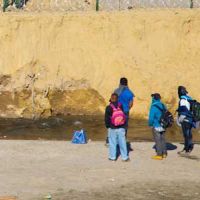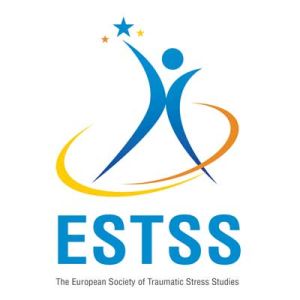The ASTSS provides a forum for extending the understanding, prevention and treatment of major stress and trauma within the Australasian region, and for promoting mental health, resilience and post-traumatic growth.
Want to be part of an association that brings together clinicians and researchers to advocate for the field of traumatic stress?
Special Interest Groups
ASTSS has established several Special Interest Groups (SIGs) to facilitate communication and collaboration between ASTSS members working in similar areas. They are also intended to provide a vehicle for the organisation of the annual conferences.
The aims of ASTSS’ SIGs are to:
- Encourage and enable collaboration between academics and practitioners in the fields related to SIG topics,
- Encourage submission of papers to ASTSS Biennial conferences
- Promote opportunities for members to engage in regional events (hosted by ASTSS or like-minded partners)
- Encourage and support postgraduate research in the fields related to SIG topics.
To become a member of an ASTSS Special Interest Group contact a Co-Conveners to indicate your interest.
We are also seeking applications to establish additional ASTSS Special Interest Groups. For information about establishing an ASTSS Special Interest Groups contact
Our current SIGs are:

Allied Health
The role of the AHSIG is to provide strategic recommendations to the Committee relating to ASTSS activities concerning all allied health professionals and allied health service users. AHSIG aims to recognise and advocate for the role of allied health within the healthcare guidelines of trauma-affected populations and to support allied health professionals to deliver trauma-informed care, integrating clinical work and research, where both inform each other.

Forced Migration Special Interest Group
The role of the Forced Migration Special Interest Group (FMSIG) is to provide strategic recommendations to the Committee relating to ASTSS activities concerning refugees, asylum seekers, and those experiencing forced migration. The guiding principles of FMSIG are to respect the dignity and rights of stakeholders and ensure activities are culturally appropriate, prioritising the meaningful inclusion of communities with lived experience of displacement.












